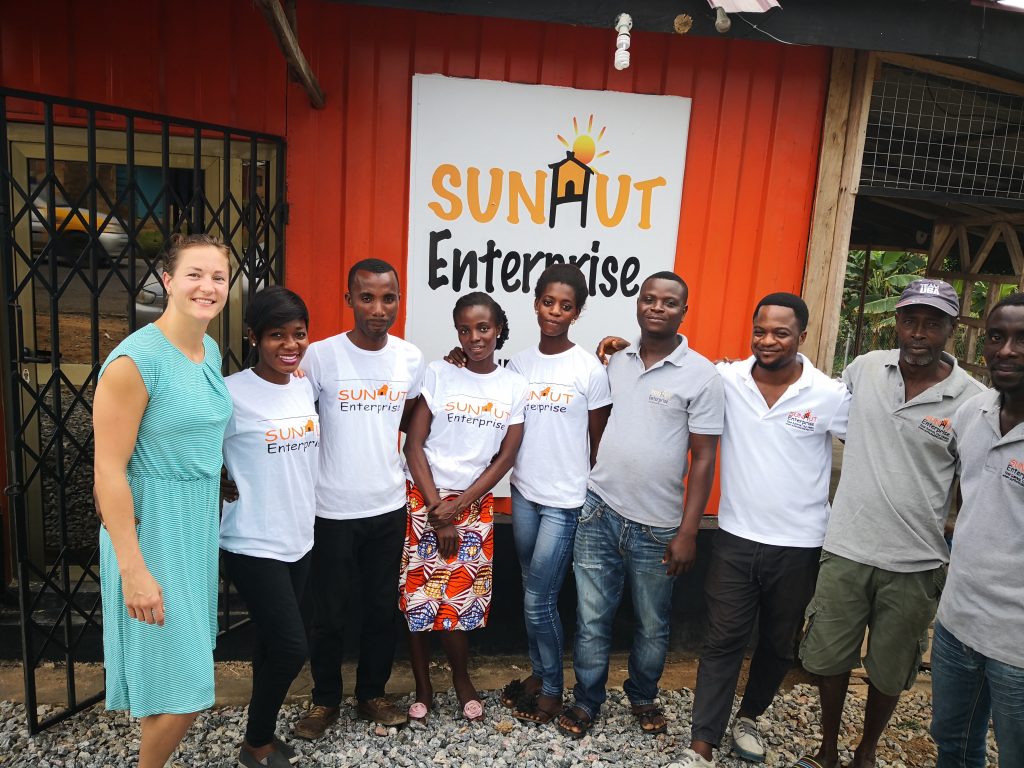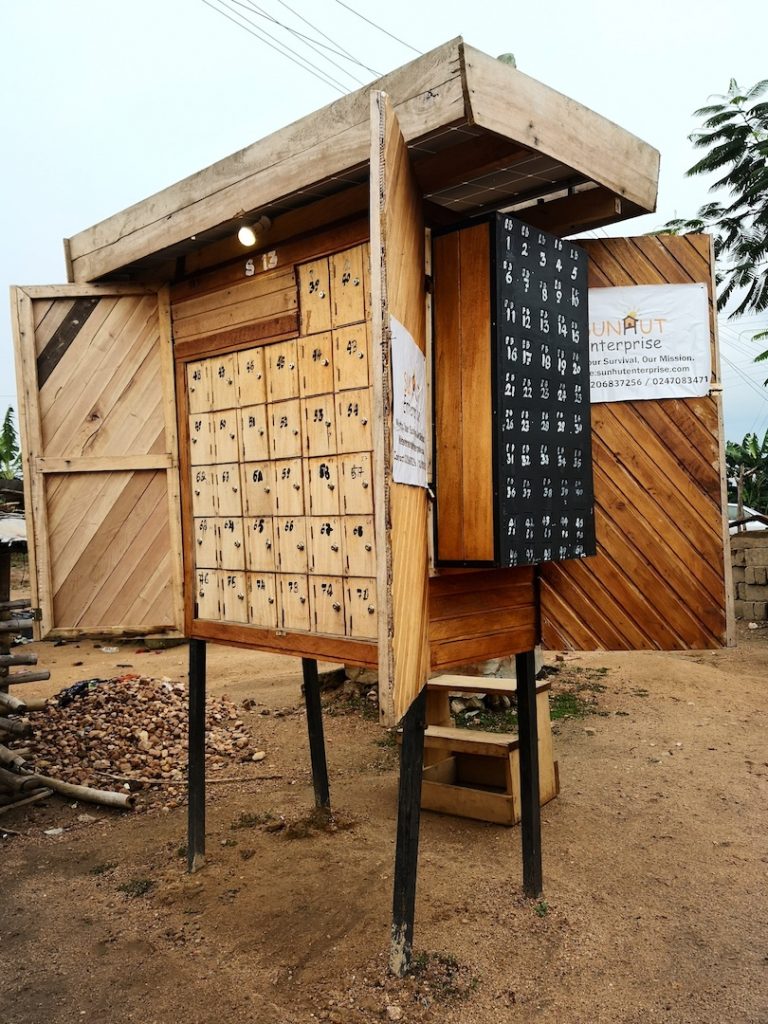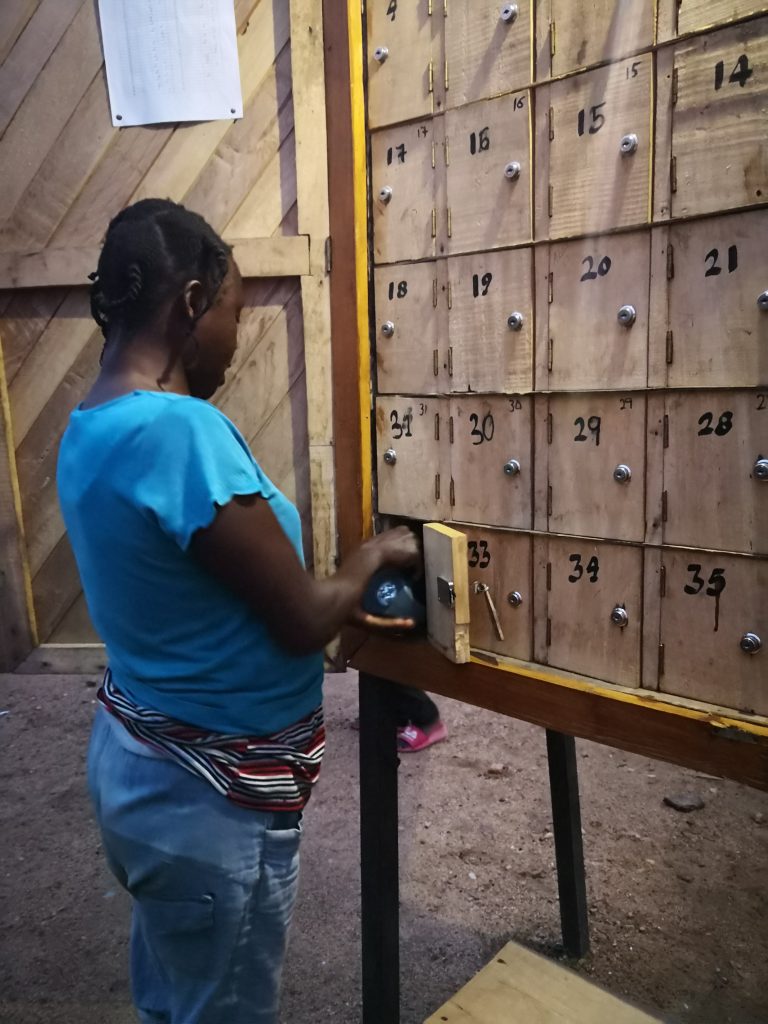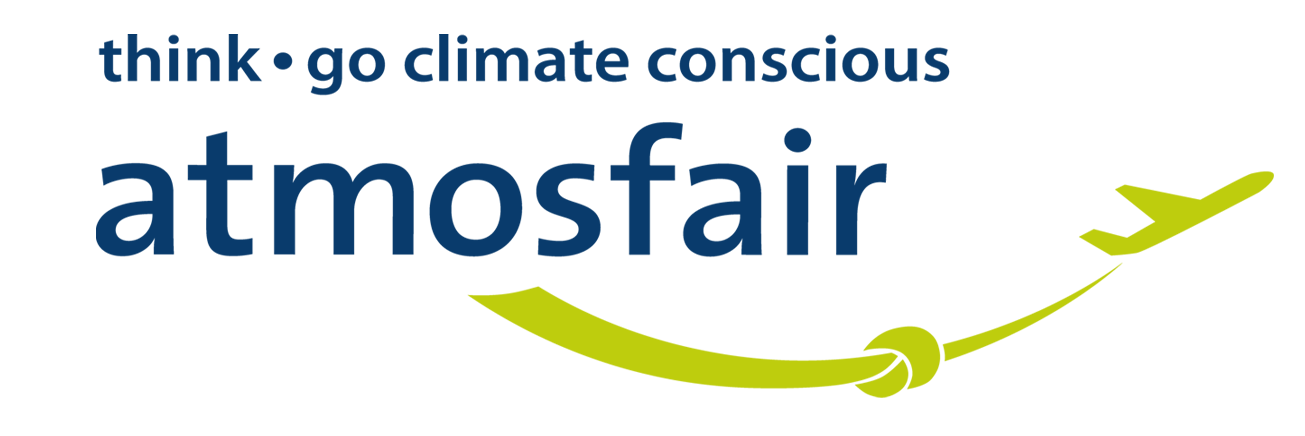
At the beginning of November 2018, our project manager Janine Adler visits Ghana to prepare for the expansion of solar kiosks in particularly remote communities. Together with the local partner Sunhut Enterprise and the German company Villageboom, atmosfair wants to support the dissemination of solar home systems. As one of the first steps, a Local Stakeholder Consultation (LSC) has to be carried out, which is the main reason for the visit. The LSC is a prerequisite that enables the later calculation of CO2 reductions. Through the LSC we gather opinions from users, ministries, companies and some other actors, and use them as inputs for the further implementation. For example, for designing the products or selecting the target regions. Once on site, Janine visited some of the villages that already benefit or will benefit from the solar kiosks. Throughout the week, our project manager was accompanied by Edward Osew, CEO and founder of Sunhut Enterprise, the local project partner. Such a visit to the host country is exciting, because our employees get to know their partners personally, talk to existing or future users of the solar home systems and can get a realistic picture of the local conditions such as the accessibility of the communities.
But what exactly is this project about? People interested in solar lamps and solar home systems can rent a compartment in the solar kiosk, which also has a money compartment assigned to it. The kiosk is always located as central and easily accessible as possible in the village centre. In these compartments, they can charge their cell phones or even solar lamps. Solar modules on the roof of the solar kiosk generate electricity to charge the terminals. Here, they have two options: 1) They only pay to recharge their phones and/or solar lamps, or 2) They pay some extra money to progressively purchase their own solar home system. Kiosk agents empty the money weekly. Step by step, customers are paying for a lamp, a power bank, a 10-watt solar panel (from which moment they can load their items at home), a radio and a second solar lamp.

To attract as many households in the village as possible, users will receive a used lamp for free at the beginning of both operating options. This used lamp will be later exchanged for a new one, as soon as users have paid enough money into their personal payment box (rent-to-own). After the last purchase of one of these products, the now unlocked locker is assigned to a new customer to restart the process.
The solar home systems are much safer and cleaner than the current lighting alternatives, such as kerosene lamps, which endanger both the health of users and the environment. By providing a more reliable, efficient, and cleaner source of energy, people can use the evening hours for educational and social activities. The digital communication is enhanced by the charging options for mobile phones and even power supply for tablets. Solar devices can also be used by small shops to extend their opening hours and/or to offer the recharging of batteries.

The future is promising in the villages of Ghana! We will be reporting more about the progress of this project.


 Share
Share Tweet
Tweet